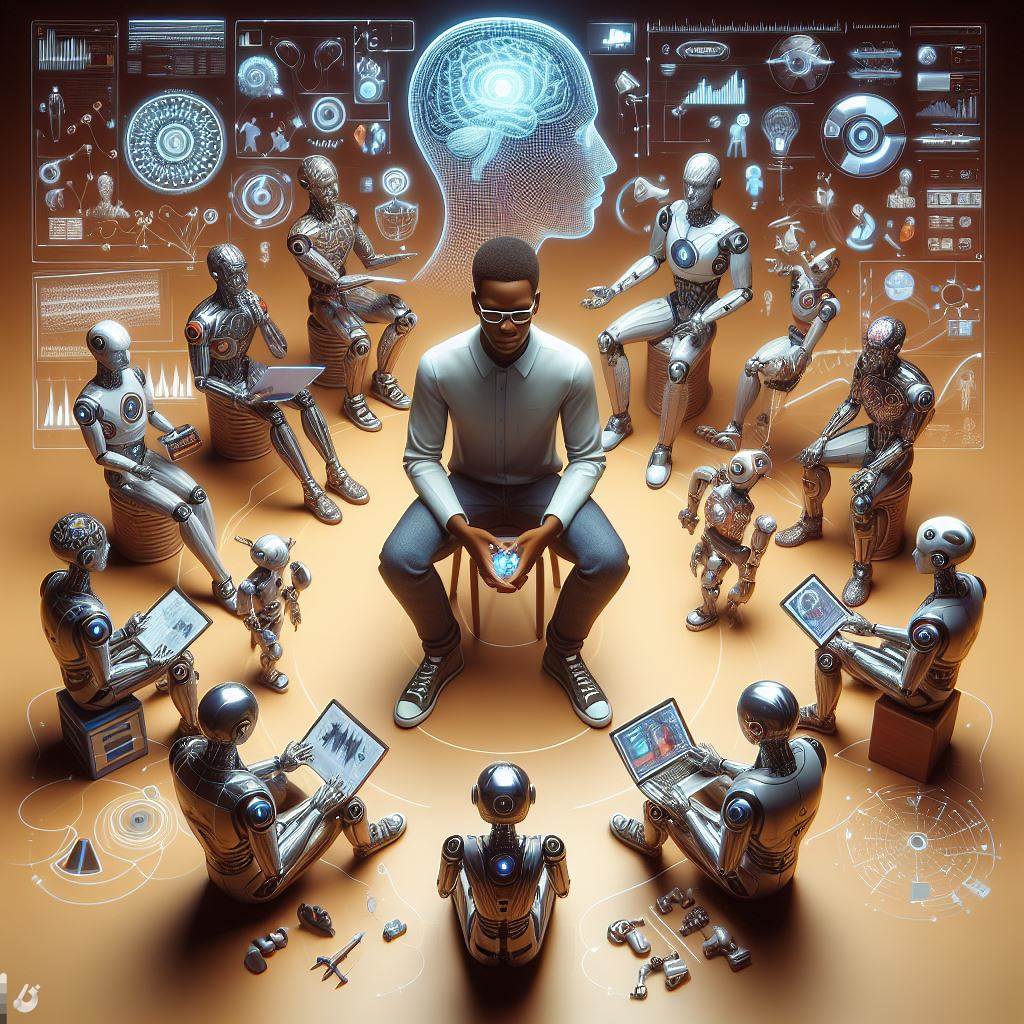
Researchers from the University of British Columbia, Carnegie Mellon University, Monash University, and the University of Victoria have introduced an innovative method to democratize access to robotics by involving everyday users in the training process.
Published on the arXiv preprint server, the researchers' paper emphasizes the shift from traditional robot programming, which relied on computer scientists' expertise and intricate task breakdowns. This time-consuming process often required skilled technicians to address learning model failures.
Led by researcher Maram Sakr, the team proposes "Learning from Demonstrations" (LfD), enabling non-experts to program robots by demonstrating tasks. If failures occur, users can correct them with additional demonstrations, eliminating the need for professional intervention.
Quality demonstration data is crucial for LfD effectiveness. The researchers suggest a guide for users to provide efficient sets of demonstrations, emphasizing minimal, well-distributed demonstrations for high generalization.
A breakthrough is the exploration of teaching users to select training data enhancing a robot's learning across tasks. Sakr explains that areas with the highest uncertainty in the robot's task performance are highlighted during human training, enabling effective additional demonstrations.
In a practical experiment with 24 novice robot users, an augmented reality (AR) guidance system improved their ability to produce effective demonstrations. Non-expert users, after a brief AR-based training, showed enhanced robot learning without prior robotics or machine learning knowledge.
Teaching non-experts to create effective demonstrations could significantly reduce robot training costs and increase efficiency. Trained participants improved robot learning by up to 198%, compared to non-trained users, and by 210% compared to trial-and-error-based approaches.
Sakr envisions democratizing robotics across domains, reducing the time to train a robot for new tasks. The proposed criteria and AR-based system could facilitate robots acquiring new skills in real-world environments. Testing in uncontrolled conditions is suggested to explore real-world applicability and generalization capabilities.
This research offers exciting possibilities for a more accessible and efficient means of imparting new skills to robots, advancing their integration into daily life in the ever-evolving landscape of robotics.